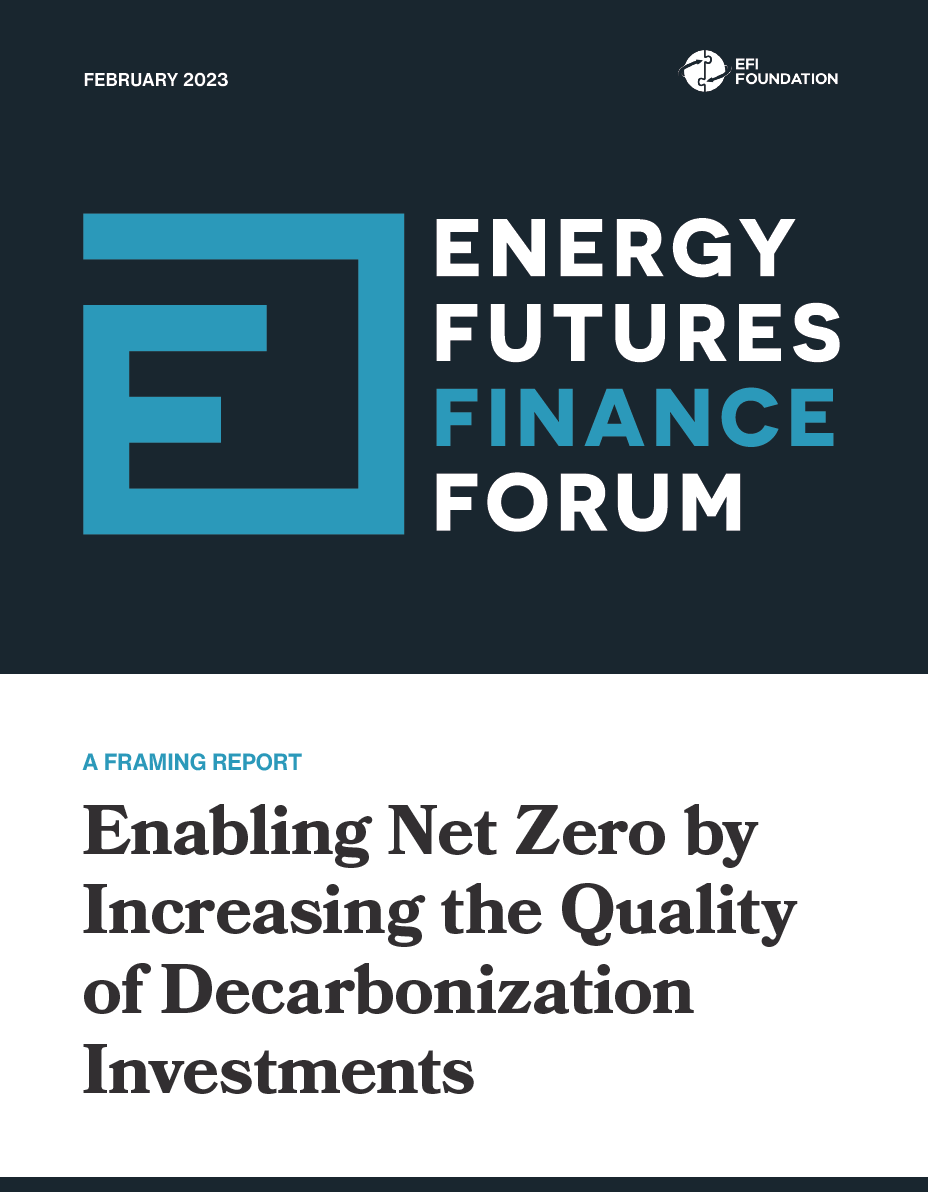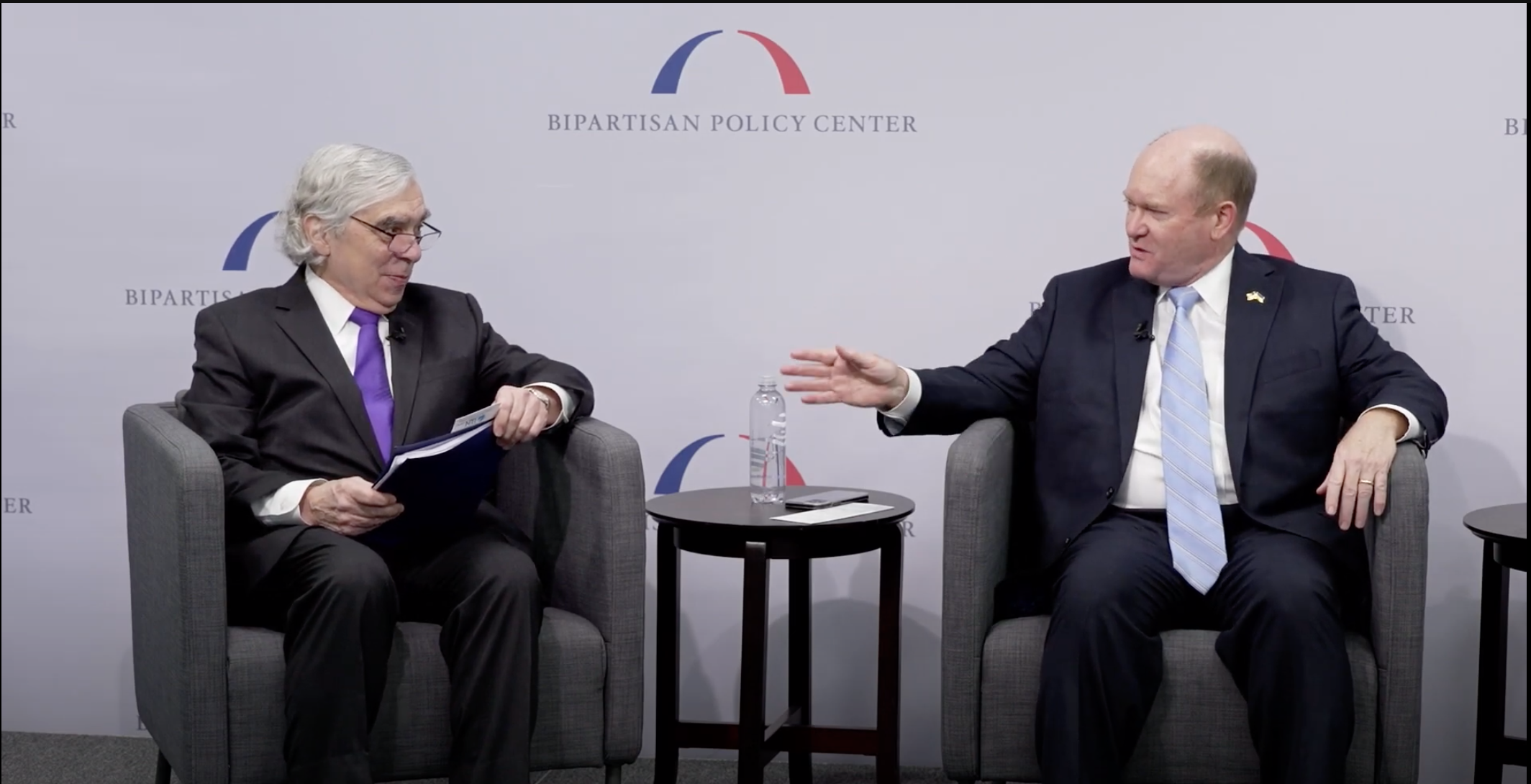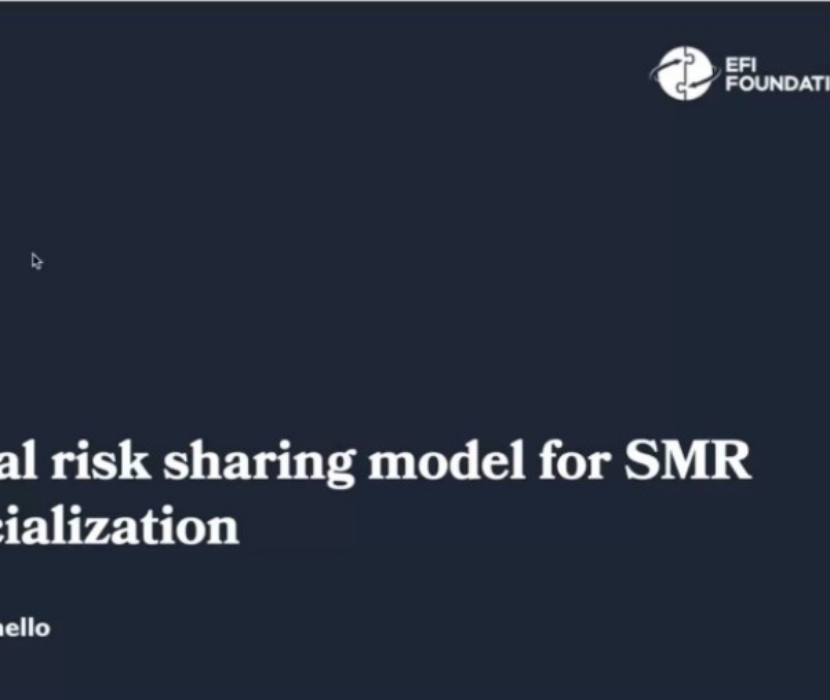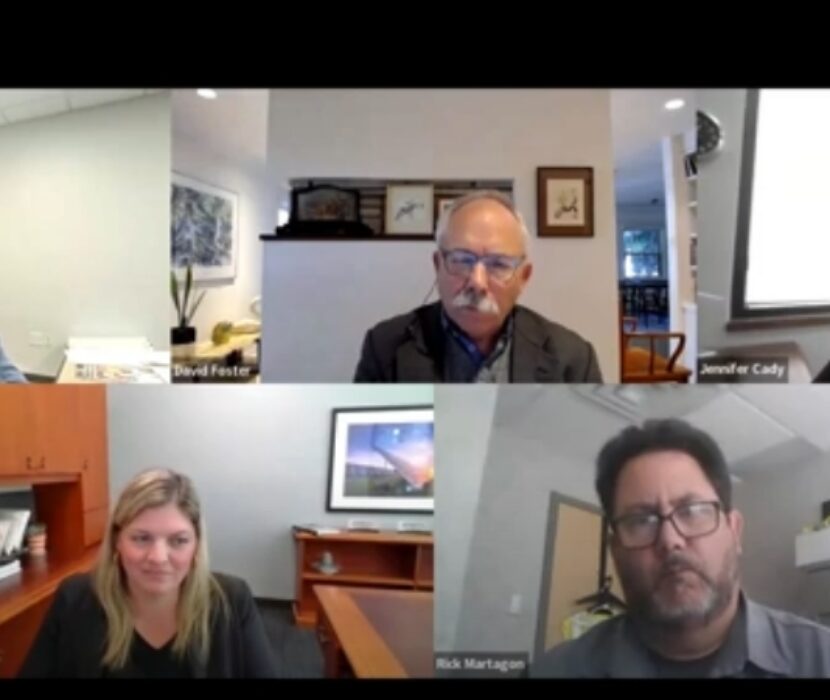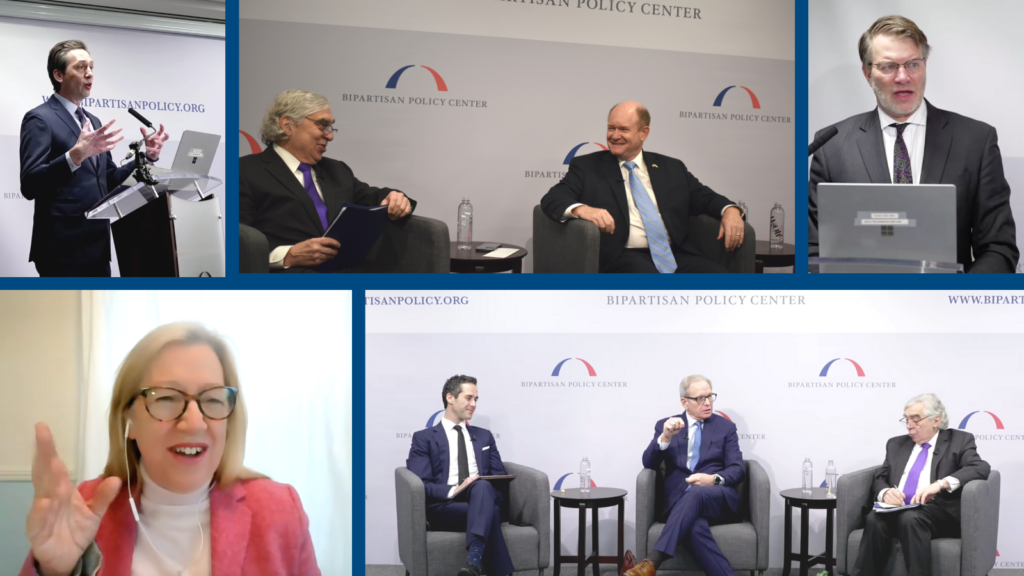
On February 28, 2023, the EFI Foundation released its framing paper for the Energy Futures Finance Forum (EF3) program, which offers policy recommendations that reflect an investor’s perspective on making clean energy a high-quality investment. EF3 will use research and engagement efforts to suggest policy updates that help reduce risks and increase investment quality, facilitating international, national, and industry-wide efforts to scale up investments in economy-wide decarbonization.
EFI Foundation launched EF3 at an event hosted by the Bipartisan Policy Center (BPC) where policymakers and investors spoke about challenges, what EF3 could do to address them, and the role the private sector should play. They also touched on the need to make policy improvements and have the United States work with other countries to meet decarbonization goals.
Challenges and Solutions
As the EF3 framing paper explains, we need trillions of dollars of private capital investment per year globally to fund the clean energy transition. EFI Foundation President Ernest Moniz said that raising this capital presents a challenge.
“[We are falling] behind more and more in terms of meeting the kinds of low-carbon goals that we need to meet mid-century,” Moniz underscored. “We’re not going to have the deployment of large amounts of low-carbon technology without unleashing private capital at a very, very large scale.”
Another challenge is that many financial institutions’ risk assessment committees currently reject clean energy projects for being too risky.
“Gamblers don’t invest, and the investors aren’t gamblers,” said Jeffrey Brown, managing director of EF3.
Brown also explained how EF3 will conduct “both industry-based and barrier-based” research to address these challenges. It will examine investment roadblocks from two vantage points: technology-specific value chains analysis, as well as crosscutting and industry-wide barriers. The first perspective concentrates on challenges within individual technology systems and their associated value chains, such as environmental regulatory and financial regulatory risks. The second perspective explores issues that impact investments across technology-specific value chains, such as land use or infrastructure permitting requirements.
As an example of the kind of research the program will support, Brown pointed toward another recent EFI study about turning carbon capture and sequestration projects into high-quality investments.
The Private Sector’s Role
Investors also explored the private sector’s role in leading the clean energy transition. Anne Simpson, who is global head of sustainability at investment management firm Franklin Templeton, highlighted how private markets would be “absolutely critical” to setting the transition’s tone and pace.
“Private markets can give us the governance control and the time horizon for the transition,” Simpson said.
She also argued that once investors see how funding decarbonization can serve their self-interest, they will jump at the opportunity to help markets grow.
“The beauty of finance is people like data,” she elaborated. “They make logical decisions.”
Meanwhile, Executive Chairman of the Mission Possible Partnership Chad Holliday showed how the private sector can drive public policy. He shared that while working at DuPont, the company had been at the vanguard of an industry-wide charge to stop using chlorofluorocarbons that damage the ozone layer. The industry’s commitment to this change prompted governments across the world through the Montreal Protocol to adopt more environmentally friendly regulations.
“The whole industry came around and lo and behold we did it,” Holliday stated. “And then government had the confidence to go to Montreal and have a protocol because industry did it first.”
Policy Improvements
Sasha Mackler, executive director of the Energy Program at the Bipartisan Policy Center, explained that the government must also lead in dismantling policy and regulatory barriers to clean energy investment. To entice investors, it must show a long-lasting, immovable commitment to decarbonization goals. However, he said the federal government has not done enough to address this issue.
“It is not a topic that has really been part of D.C. policy conversations explicitly,” said Sasha Mackler, executive director of the Energy Program at the Bipartisan Policy Center.
The United States must collaborate with other countries to foster climate investment. U.S. Senator Chris Coons (D-Delaware) emphasized the importance of listening to the Global South. He said promises made at the 26th Annual Conference of the Parties (COP) in Glasgow, Scotland, “must be kept for the clean energy transition to be successful.”
“Everything the United States and the [European Union] does in climate and in a clean energy transition ambition will be irrelevant if we cannot impact the trajectory on which India, China, South Africa, Indonesia, [and] Brazil build out over the coming decades,” Coons argued. “If we don’t pay attention…, our efforts will end up having been wasted and will not transform the world into a cleaner and more sustainable economy.”
Moniz agreed. He said the massive need for clean energy investment means that no country, actor, nor sector can solve this issue alone. The clean energy transition requires coordination.
“Everybody needs to row together,” Moniz said.
– Georgia Lyon, Communications Associate
Related Content
(Share this post with others.)


